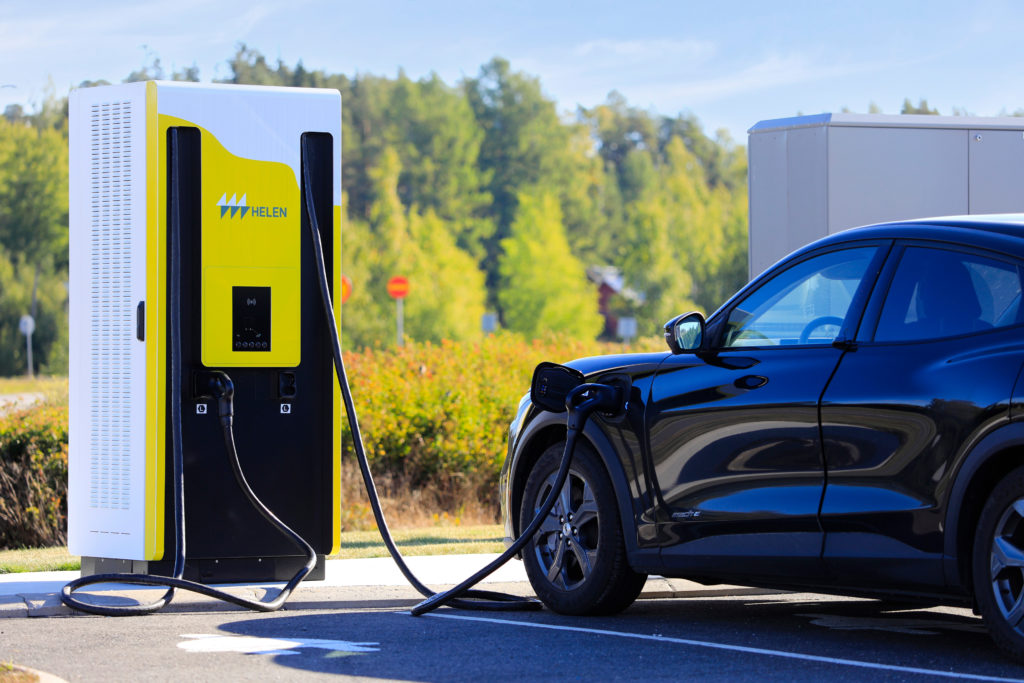
Ford Motor Co. reached a series of deals to buy lithium from projects in Canada to Chile, as automakers rush to secure the materials needed to build electric vehicles.
Ford has struck deals with Albemarle Corp., the world’s top producer, Chile’s SQM and Canada’s Nemaska Lithium, according to separate announcements Monday. The deals come ahead of the second day of an investor event focused on Ford’s $50 billion plan for electric models. The agreements will look to take advantage of President Joe Biden’s Inflation Reduction Act, which contains incentives for battery manufacturing and sourcing of materials from the US and its allies.
The availability and cost of crucial battery materials, including nickel and cobalt, have been key concerns for years among EV makers trying to build out their electric lineups. The issue has gained more urgency in recent months due to rising competition to strike supply pacts with miners and project developers and by wild swings in raw material costs. Processing is the “limiting factor,” said Ford chief executive officer Jim Farley.
“The mining part is not the constraint. It’s really the processing,” Farley said Monday in an interview on Bloomberg Television. “So turning those raw materials, especially lithium and nickel, into processed materials we can put into a slurry to make the cells themselves.”
Companies including Ford and General Motors Co. have included prepayments or loans in recent pacts to help accelerate the development of new projects.
Farley is seeking to use the two-day investor event in Dearborn, Michigan, to convince investors on the merits of a strategy to lift annual electric vehicle output to 2 million by the end of 2026. The company has already locked up the lithium and cobalt supplies it requires for that expansion, the CEO said.
Albemarle said Monday that it will supply more than 100,000 tons of battery-grade lithium hydroxide to Ford, enough to make for about 3 million EV batteries. The deal will start in 2026 and run to 2030.
Ford also agreed a supply deal with Energysource Minerals.
Ford in March agreed to take a direct stake in a battery-nickel plant under construction in Indonesia, and last year sealed a pact with Liontown Resources Ltd., the developer of an Australian lithium mine.
The processing constraints are also political, Farley said, since 80% of the processing is now done in China.
“Onshoring the processing is going to be the most important controller of cost and also politics,” the CEO said. “Eighty percent of the processing for nickel and lithium are being done in China and we need to localize that.”
(By Keith Naughton, David Stringer and Matthew Miller, with assistance from Thomas Biesheuvel and Mathieu Dion)
Read more: Ford in $4.5 billion deal for EV battery materials plant
Comments